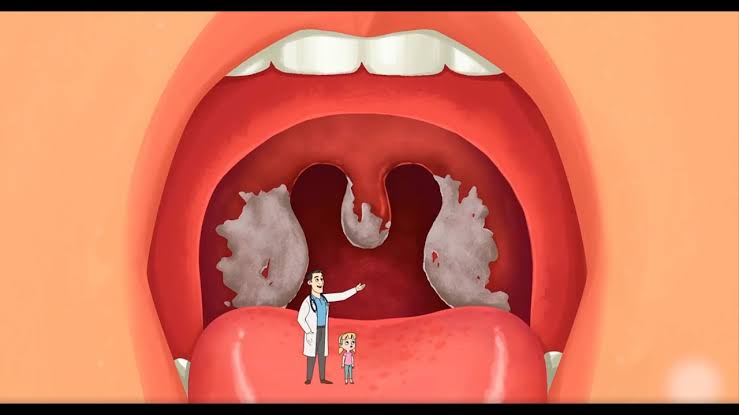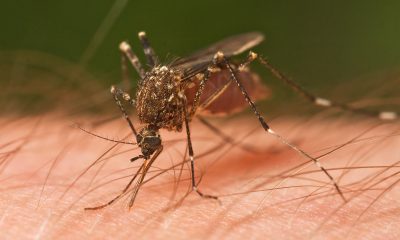Nigeria News
Diphtheria: Ten Things Every Nigerian Must Know About The Deadly Disease

Like the case of the Coronavirus pandemic, the Nigeria Centre for Disease Control (NCDC) has admonished people with signs and symptoms of Diphtheria to immediately go into isolation and notify their Local Government Area authorities of the development.
This is as the disease is confirmed in Kano and Lagos states while other states like Yobe and Osun states are under serious monitoring with fresh cases being picked up.
According to the NCDC, individuals with Diphtheria could experience a bit of fever, runny nose, sore throat, cough, red eyes and neck swelling inclusive.
In a bid to fight the disease and prevent it from the further spread, the health agency recommended proper immunisation, stating that poor coverage can lead to a resurgence of another pandemic.
Therefore, parents must ensure that their children are fully vaccinated against diphtheria with three doses of the pentavalent vaccine as recommended in the childhood immunisation schedule.
Below Are Ten Important Things Every Nigerian Should Know About Diphtheria disease:
1. Diphtheria is a serious bacterial infection caused by the bacterium called Corynebacterium species that affects the nose, throat, and sometimes, skin of an individual.
2. Diphtheria spreads easily between people through direct contact with infected people droplets from coughing or sneezing, and contact with contaminated clothing and objects.
3 . People most at risk include children and adults who have not received any dose of the pentavalent vaccine, people who live in areas with poor sanitation, people who live in a crowded environment, and healthcare workers exposed to suspected or confirmed cases of the disease.
4. The onset of signs of the disease usually starts after two to 10 days of exposure to the bacteria.
5. Symptoms of diphtheria include fever, runny nose, sore throat, cough, red eyes (conjunctivitis), and neck swelling. In severe cases, a thick grey or white patch appears on the tonsils and/or at the back of the throat associated with difficulty breathing.
6. Complications from diphtheria include airway blockage, damage to the heart muscle, nerve damage, and kidney failure. However, for some people, respiratory diphtheria can lead to death.
7. To prevent it, the Nigeria childhood immunisation schedule recommends three doses of pentavalent vaccine (diphtheria toxoid-containing vaccine) for children in the sixth, 10th, and 14th week of life.
8. Diphtheria treatment involves using diphtheria antitoxin to stop the bacteria toxin from damaging the body and using antibiotics to kill and get rid of the bacteria. The treatment usually lasts for two to three weeks.
9. Poor immunisation coverage can lead to a resurgence of the disease.
Therefore, parents must ensure that their children are fully vaccinated against diphtheria with three doses of the pentavalent vaccine as recommended in the childhood immunisation schedule.
10. Individuals with signs and symptoms suggestive of diphtheria should isolate themselves and notify the Local Government Area authorities, state disease surveillance officer, or the NCDC through our toll-free line (6232).










